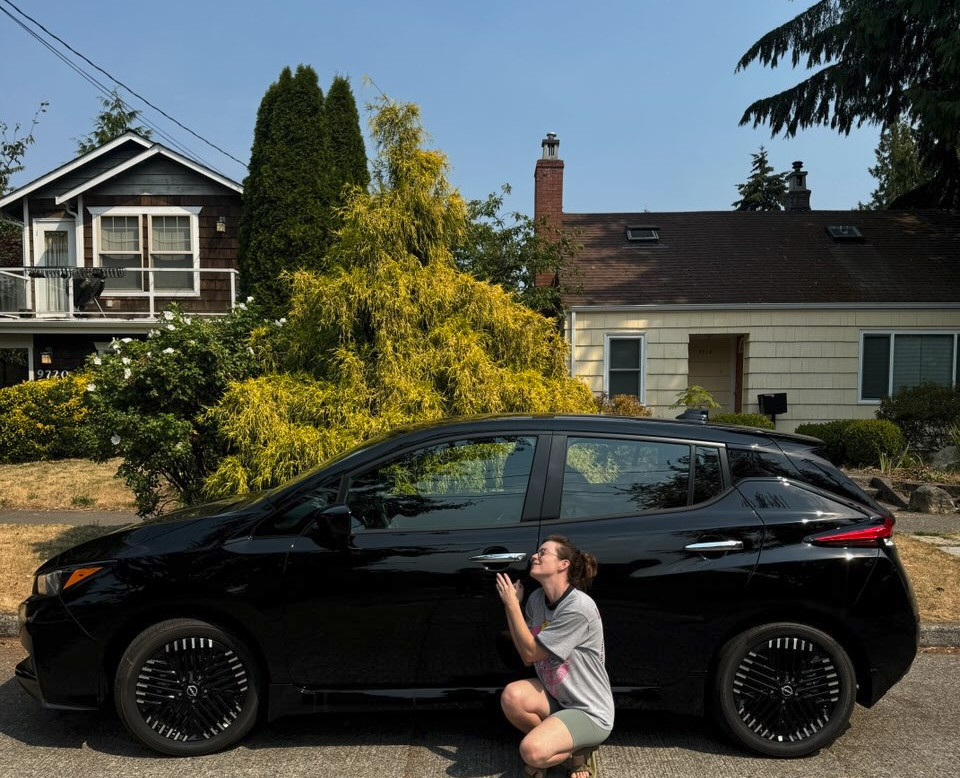The Washington EV Instant Rebate Program has been successful in getting lower-income drivers into electric vehicles. With support from the program, participants like Krista Cortese have been able to trade in gas-guzzling vehicles for electric cars with significantly lower operating costs. More than 3,300 residents have taken advantage of the program, which offers rebates that can reduce the cost of owning or leasing an EV to as little as $100 per month. The program has proven to be three times more popular than anticipated, with $45 million allocated from the state’s general fund and an average rebate amount of $7,292.
Washington state has been at the forefront of promoting EV adoption, with a goal for all new vehicles sold to be zero carbon emissions by 2035. However, critics argue that there are more cost-effective ways to achieve similar environmental benefits, such as utilizing certified carbon offsets. Despite this, the Department of Commerce projects that for every $1 spent on rebates, there will be $2.84 in benefits over five years. These benefits include reduced carbon emissions, improved health outcomes, fuel savings, and future cost savings as leased vehicles enter the used EV market.
The EV Instant Rebate Program is only available to Washington residents and has income eligibility requirements based on household size. New EV purchases or leases are eligible for rebates ranging from $5,000 to $9,000, while used EV purchases and leases can receive a $2,500 rebate. There are additional discounts for state and federal tax rebates, depending on the vehicle’s price and automaker. The program has been funded with $65 million from the Electric Vehicle Incentive Account, which was created two years ago and requires legislative approval for funds to be spent.
Despite the initial success of the program, the Washington State Department of Commerce anticipates running out of funds by October, with an expected total of 6,000 rebates issued. Commerce Director Mike Fong urges interested drivers to take advantage of the program before funds are exhausted, as vehicles are selling faster than expected. The program’s focus on low-cost leases, with two-thirds of participants choosing this option, has been key to its popularity. While some critics question the costs of the program, proponents argue that the environmental benefits and cost savings make it a worthwhile investment in the state’s transition to electric vehicles.


